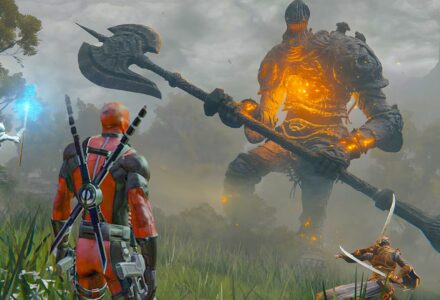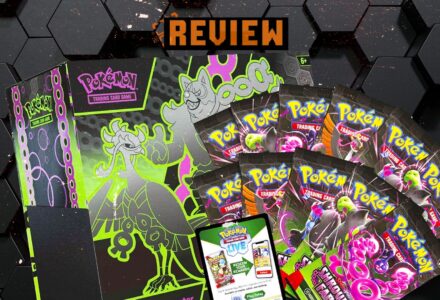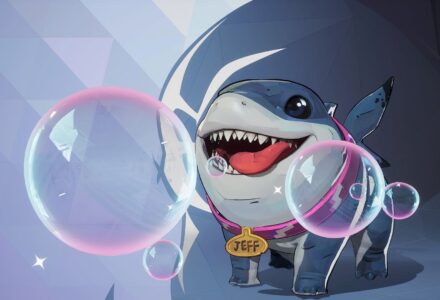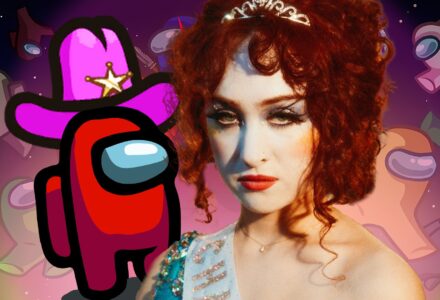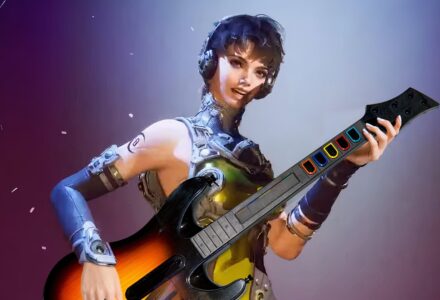Thank God for Sonic Superstars' credits. The last level of the latest Sonic game is a pretty frustrating boss battle against Eggman in a mustachioed mech. I beat my head against it a dozen-plus times before I finally defeated Robotnik. It’s a challenging note to end on, and I wouldn’t be surprised if it left a sour taste in the mouths of some players who just wanna go fast and not think too hard about where they’re going. Thankfully, Superstars follows that boss battle up with the easiest Sonic level of all time.
That’s because after you beat Eggman (and watch the pretty anime cutscene that wraps up the story) you're transported to a beach level that has no enemies and no end. You just sprint as the game’s credits pass by, collecting coins and balloons as you go, attempting to run up a high score. It’s an exhale after a level that makes you hold your breath, and it has me thinking about how few games have playable credits and how many more should.
That Superstars ending had me thinking back to Super Smash Bros. Melee on GameCube. Each time you finished its short campaign (which you had to play through several times to unlock all the characters), you were treated to an interactive credits sequence. It was an on-rails first-person shooter level set in outer space. As the camera zoomed through the stars, the names of the developers who worked on the game whooshed toward you. As they went, you tried to zap them with a laser, turning the name from white to red. It was a fun way to end your campaign, and it gave you a little challenge to attempt with no real stakes.
But the most important task that playable credits actually accomplish is getting players to watch them, kind of like Marvel's post-credits scenes. Hundreds of people work on a game and, if you skip the credits or go to the bathroom while they’re running, they miss their moment of recognition. Their names being in the credits can help them secure future jobs, but on a personal level, if you enjoyed a game, it's good to sit and acknowledge the many people who made it possible. You may even learn the name of someone responsible for a part that you liked, and follow their work going forward.
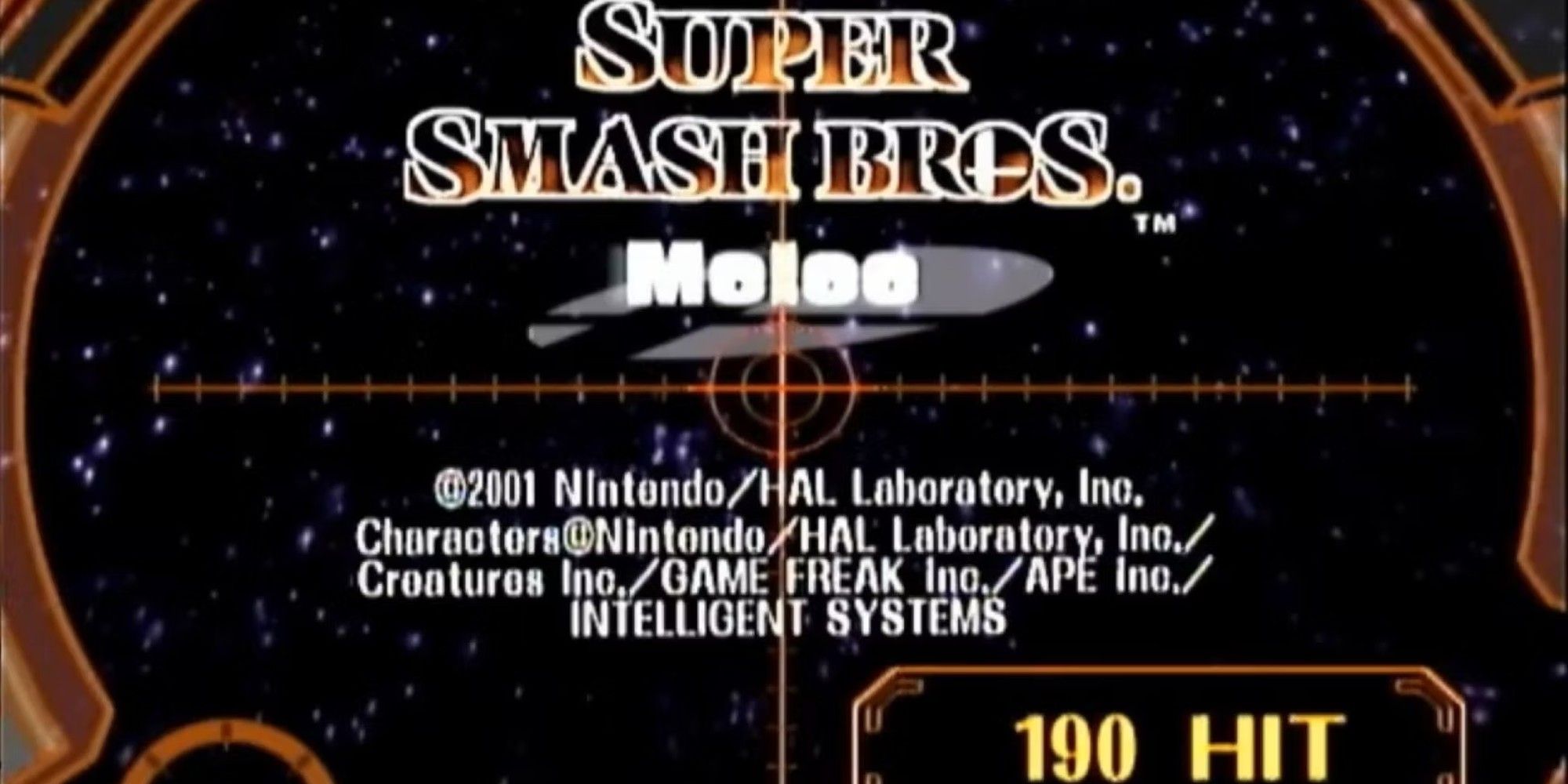
Not all games would benefit from playable credits, it’s true. Imagine if, after Ellie agrees to accept Joel’s story about the Fireflies, Gustavo Santaolalla’s acoustic strings faded out and an electric guitar roared in, soundtracking a violent rampage as Joel performed brutal kill animations on a bunch of shambling job titles. That would feel a little off. But most games have a lighter tone than The Last of Us, and I wish Mario would let me jump on platforms made of level designer names every once in a while. After finishing a game where the challenges may be difficult and a wrong move may mean death, it can be nice to play through something where the stakes are as trivial as changing a font from white to red.

